The project
![]() Building the basis
Building the basis
Create scientific basis for the project

We review the literature on sufficiency and develop a definition of indicators for sufficiency
Conceptual framework and identification of most relevant lifestyle changes in decarbonisation pathways from scenarios “prospective studies”
![]() Empirical in-depth analysis
Empirical in-depth analysis
In-depth analysis of decarbonisation pathways by sufficiency lifestyles using a mixed method approach (qualitative-quantitative). Multiple perspectives from Social Science and Humanities (SSH) are combined.
We analyse empirically sufficiency on
micro level individuals and households
meso level municipalities and communities
macro level
national and European
Lenses of analysis and target variables:
- Carbon emissions
- Rebound and spillover effects
- Impacts on health/ wellbeing and gender
- Incentives and policies
- “Beyond the EU” : international dimension
Which effects can be expected if sufficiency lifestyles are adopted across Europe?

Evaluation of impacts on climate,
economy and society through
macroeconomic models
Impacts from up-scaled lifestyle changes:
- Assessment of the environmental (climate and energy), economic and social (incl. health and gender) impact
- Feedback and integration towards “prospective studies”: integration into decarbonisation pathways
How can the EU foster sufficiency lifestyles?

We will discuss with citizens politicians, businesses and employees of the EU commission which policy recommendationsare most favourable
Uptake of project results: validation by societal engagement and
contribution to the Paris Agreement’s goals

We will inform Europeans through
website, social media and press articles
about sufficiency and its potentials
Communication and dissemination
To ensure a sound and consistent research approach, we create the theoretical and conceptual foundations on lifestyle changes as well as their potential contribution in climate change mitigation. More specifically we will examine the role of the sufficiency approach in this regard. We will elaborate guiding definitions and indicators and thereby the frame of reference for the overall project. We create the link between currently dominant Prospective Studies in energy and climate and recent findings from SSH research (e.g., on social innovation from the Fraunhofer-led project SONNET). Furthermore, we will look at the international dimension to ensure validity and exploitation of FULFILL’s results beyond the EU.
across micro-, meso- and macro level
FULFILL will study sufficiency lifestyles by combining quantitative and qualitative methods:
FULFILL uses comparative methods involving a screening of 12000 citizens from six countries with a repeated survey of around 6000 of them and looks in more depth into the lives and lifestyles of a selected sample of up to 200 citizens. Individual carbon footprints will be assessed and measured to go beyond subjective perceptions and behavioural intentions, which often dominate the literature. The focus of this in-depth analysis is (1) to look at individuals in their social and structural embeddedness, leading to the identification of barriers and enablers as well as (2) to explore effective policy measures and diffusion paths. By its cross-country approach (DE, DK, FR, IT, LV plus an additional one, likely India), it covers a variety of economic, cultural as well as geographical conditions.
In parallel FULFILL will focus on intentional communities and initiatives supporting sustainable and sufficient lifestyles such as transition towns, eco-villages, slow food, community energy projects and repair cafés. It maps intentional communities and initiatives that aim to develop more sustainable lifestyles and living conditions. In a second step, the drivers for and barriers against the success and outreach of the intentional communities and initiatives are analysed with a special focus on the current regimes on the local/regional level. The work on the meso level is closely linked with its empirics to the individual level studies by recruiting a subsample of study participants from the studied intentional communities and initiatives for the micro level research. In addition, municipalities as well as their strategies and measures to move towards sufficiency on a municipal level are analysed.
Consecutively FULFILL builds on the empirical results from the micro and meso level to identify and understand the structural mechanisms at stake behind the change of scale from pioneering sufficiency lifestyles to a progressive evolution of a society supporting the diffusion and strengthening of sufficiency lifestyles at a macro level. This also includes comparative analyses of national sufficiency policies and governance measures implemented or debated in the five covered European countries to identify enablers and barriers in the up-scaling process of sufficiency lifestyles at the macro level. FULFILL then works from an interdisciplinary dialogue between social sciences researchers and scenario builders to integrate the data and results generated on all levels into the quantification of sufficiency hypotheses.
![]() Evaluation of impacts and
Evaluation of impacts and
identification of actual potential
Building on the results from the research on micro, meso and macro level, FULFILL will assess the impact of changing lifestyles and consumption patterns on climate, economy, and society at the European level. The evaluation of such impacts requires the employment and integration of existing models able to quantify both the direct (energy) and indirect (services and products) effects of sufficiency on emissions and on the main macroeconomic and social indicators, while also considering the implication of rebound effects. Ad hoc energy models are soft-linked with Input Output analysis models. The results are extended to include indicators that go beyond GDP in order to assess the overall sustainability of the transition and provide a preliminary evaluation of its social impact. The latter is further integrated with semiquantitative studies to assess health co-benefits, well-being, gender, energy poverty, and social inequalities. This work prepares contributions to new and updated NDCs (Nationally determined contributions) and NECPs (national energy and climate plans) for European countries. NDCs list the efforts by each country to reduce national emissions and adapt to the impacts of climate change within the framework of the Paris Agreement. NECPs are the equivalent for European countries, as the EU as a whole submits a NDC to the UNFCCC secretariat.
 Uptake of results and
Uptake of results and
communication
Finally, FULFILL will develop sound policy recommendations and prepare their transfer into policy making, especially the preparation of the EU’s and non-European countries’ NDCs as well as national NECPs. We first focus on citizen engagement by using citizen science approaches. Participatory workshops aim to involve citizens with a focus on young adults to improve the quality and public acceptance of our recommendations. Sound recommendations are also achieved through the involvement of policy-makers and relevant stakeholders (e.g., energy communities and companies) in the reflection about lifestyle changes. Together with key findings, these policy recommendations are disseminated at final seminars in the project countries and in Brussels. By this strong stakeholder involvement FULFILL ensures high validity, but also increases dissemination and exploitation of project findings. To support the diffusion of sufficiency lifestyles, show their positive co-benefits and their climate mitigation potential we will inform the public through social media and press releases.
Our ambition
FULFILL is the first project that is fully dedicated to studying lifestyle change towards
sufficiency with a systemic approach across micro-, meso- and macro-level.
Impact
The EU is about to enshrine climate
neutrality by 2050 in its law and to
raise its GHG emission targets for
2030. The project results provide
metrics about the contribution that
lifestyle changes through
sufficiency can have to reduce
GHG emissions in Europe.
Today, most energy and climate plans (both at national and European level) tend to focus on supply-based and efficiency technologies and investments, thus ignoring the large potential of demand-side measures based on lifestyle and societal change manifesting in behavioural change.

By linking the empirical research shaped by SSH with Prospective Studies in the field of energy and climate scenarios and the comprehensive impact assessment, FULFILL contributes to the development of national and European pathways in line with the Paris Agreement.
The project promotes a stronger attention to demand-side drivers and measures in the EU’s long-term emissions reduction strategy by focusing on lifestyle change towards sufficiency
Based on our research, we will formulate concrete policy recommendations that can be implemented to exploit the sufficiency potential in Europe.
Our ambition
FULFILL is the first project that is fully dedicated to studying lifestyle change towards
sufficiency with a systemic approach across micro-, meso- and macro-level.
Impact
The EU is about to enshrine climate
neutrality by 2050 in its law and to
raise its GHG emission targets for
2030. The project results provide
metrics about the contribution that
lifestyle changes through
sufficiency can have to reduce
GHG emissions in Europe.
By linking the empirical research shaped by SSH with Prospective Studies in the field of energy and climate scenarios and the comprehensive impact assessment, FULFILL contributes to the development of national and European pathways in line with the Paris Agreement.
Based on our research, we will formulate concrete policy recommendations that can be implemented to exploit the sufficiency potential in Europe.
The project promotes a stronger attention to demand-side drivers and measures in the EU’s long-term emissions reduction strategy by focusing on lifestyle change towards sufficiency
Today, most energy and climate plans (both at national and European level) tend to focus on supply-based and efficiency technologies and investments, thus ignoring the large potential of demand-side measures based on lifestyle and societal change manifesting in behavioural change.
Sufficiency
as a living principle
To truly FULFILL sufficient lifestyles, the consortium decided to
implement a “self-experiment”. This means that in project related
activities the consortium will execute sufficient lifestyles
demonstrated by, for instance, virtual meetings to avoid flying and
related emissions; other examples include vegetarian/vegan catering,
little printing of documents, environmentally easily accessible venues
for workshops (or implementing webinars).

All Rights Reserved. The sole responsibility for the content of this website lies with the authors. It does not necessarily reflect the opinion of the European Union. Neither the European Climate, Infrastructure and Environment Executive Agency (CINEA) nor the European Commission are responsible for any use that may be made of the information contained therein.
EU funding acknowledgment This project has received funding from the European Union’s Horizon 2020 research and innovation programme under grant agreement No 101003656.
![]()
The website www.fulfill-sufficiency.eu is managed by the Jacques Delors Institute and is subject to the terms of use (available here) and privacy policy (available here) of the Jacques Delors Institute’s website.
Let’s keep in touch
